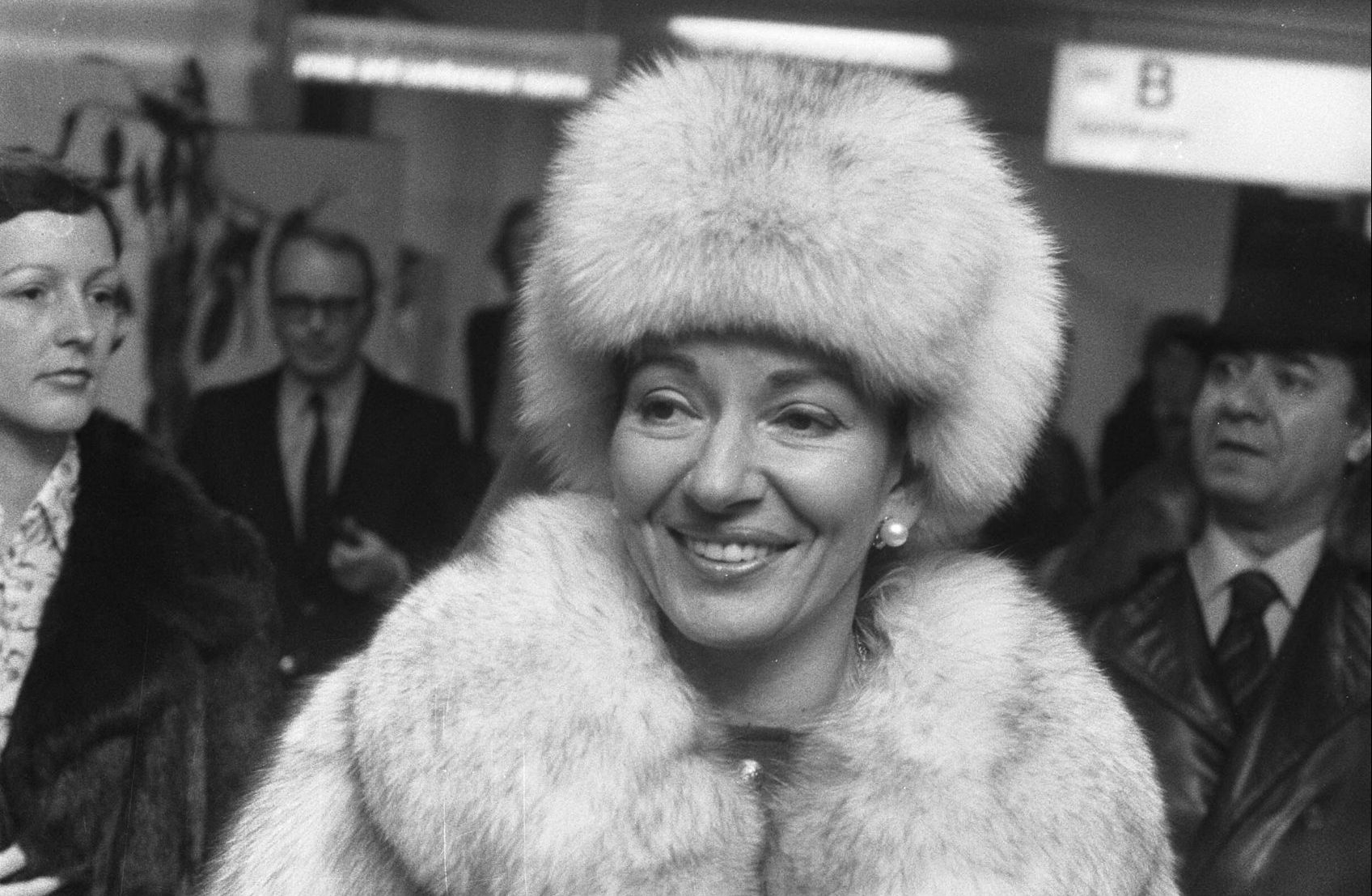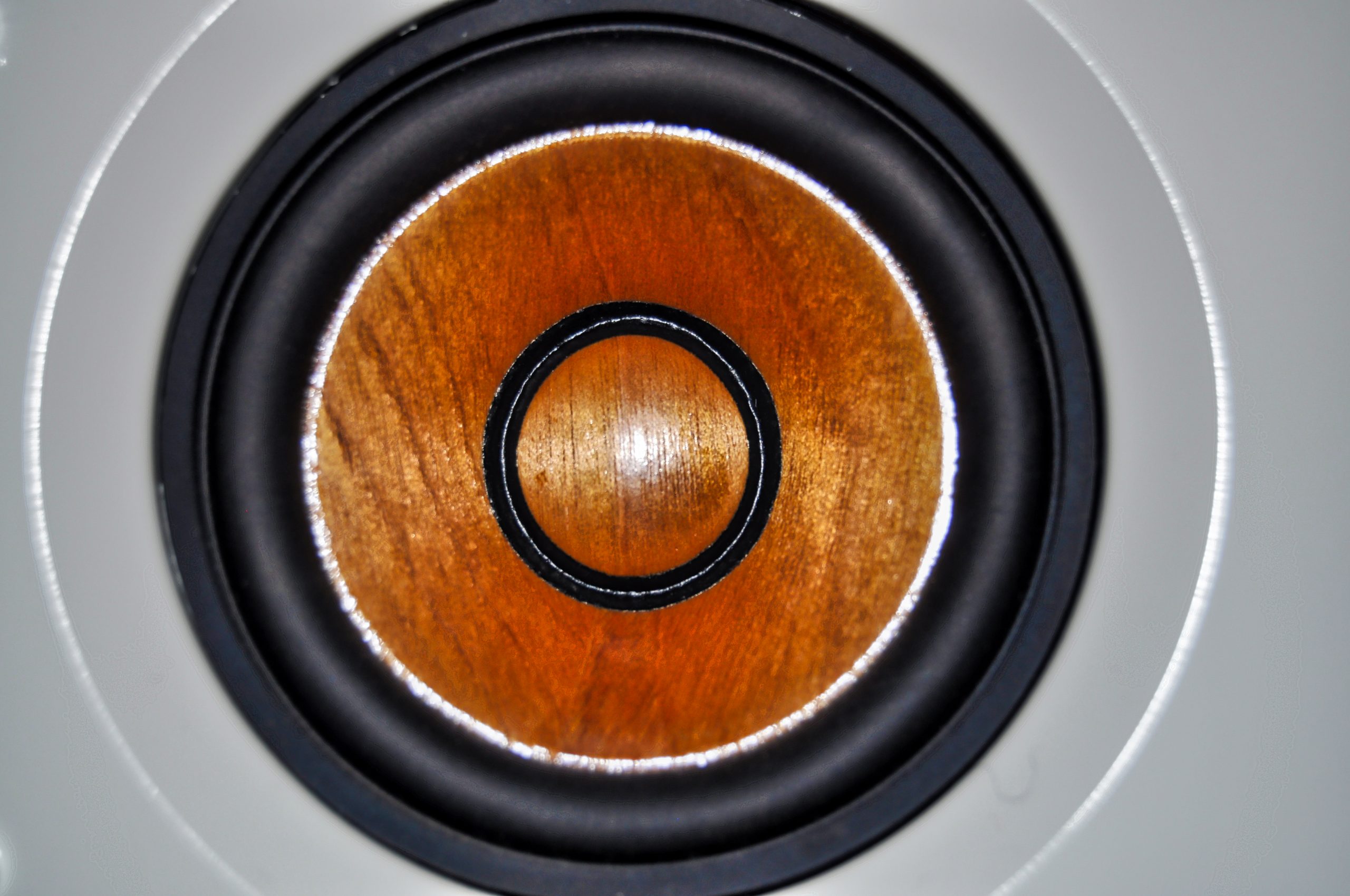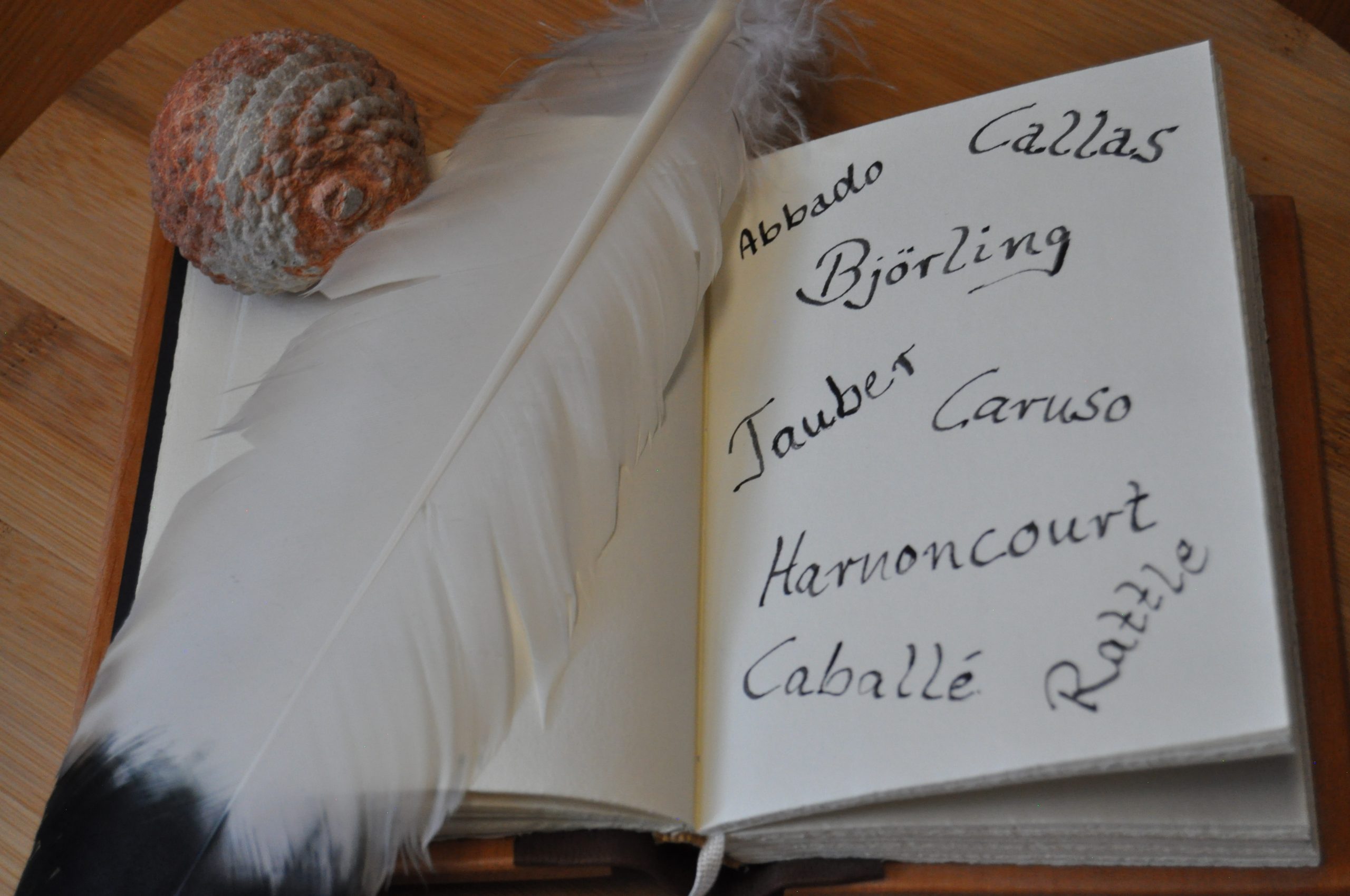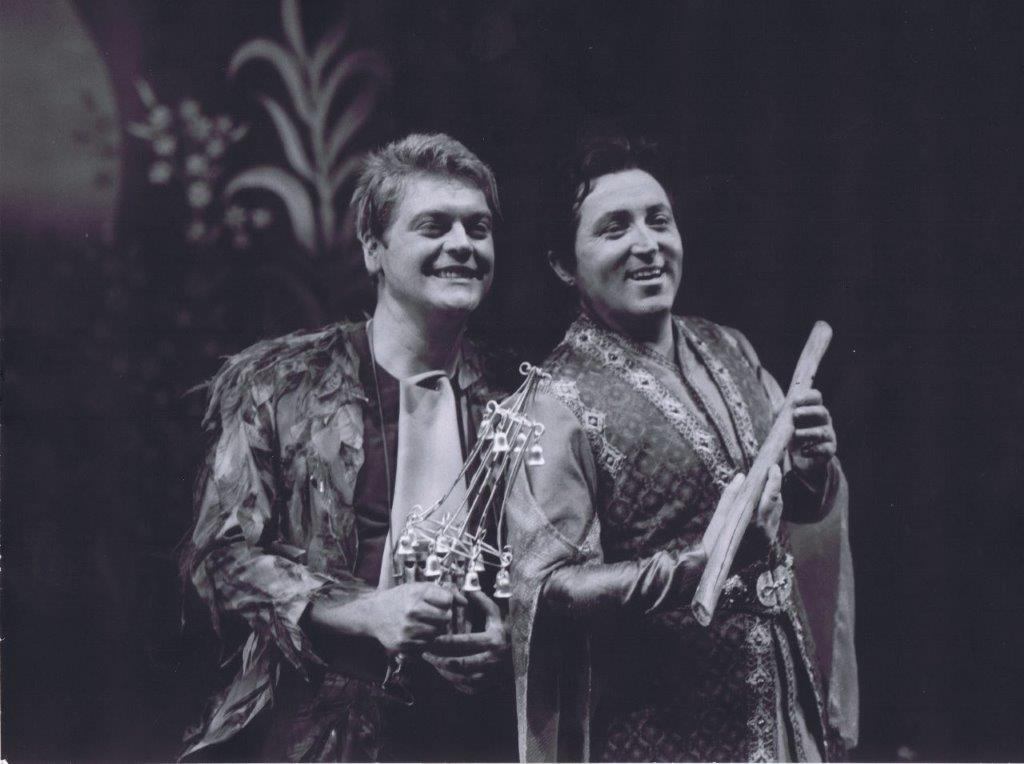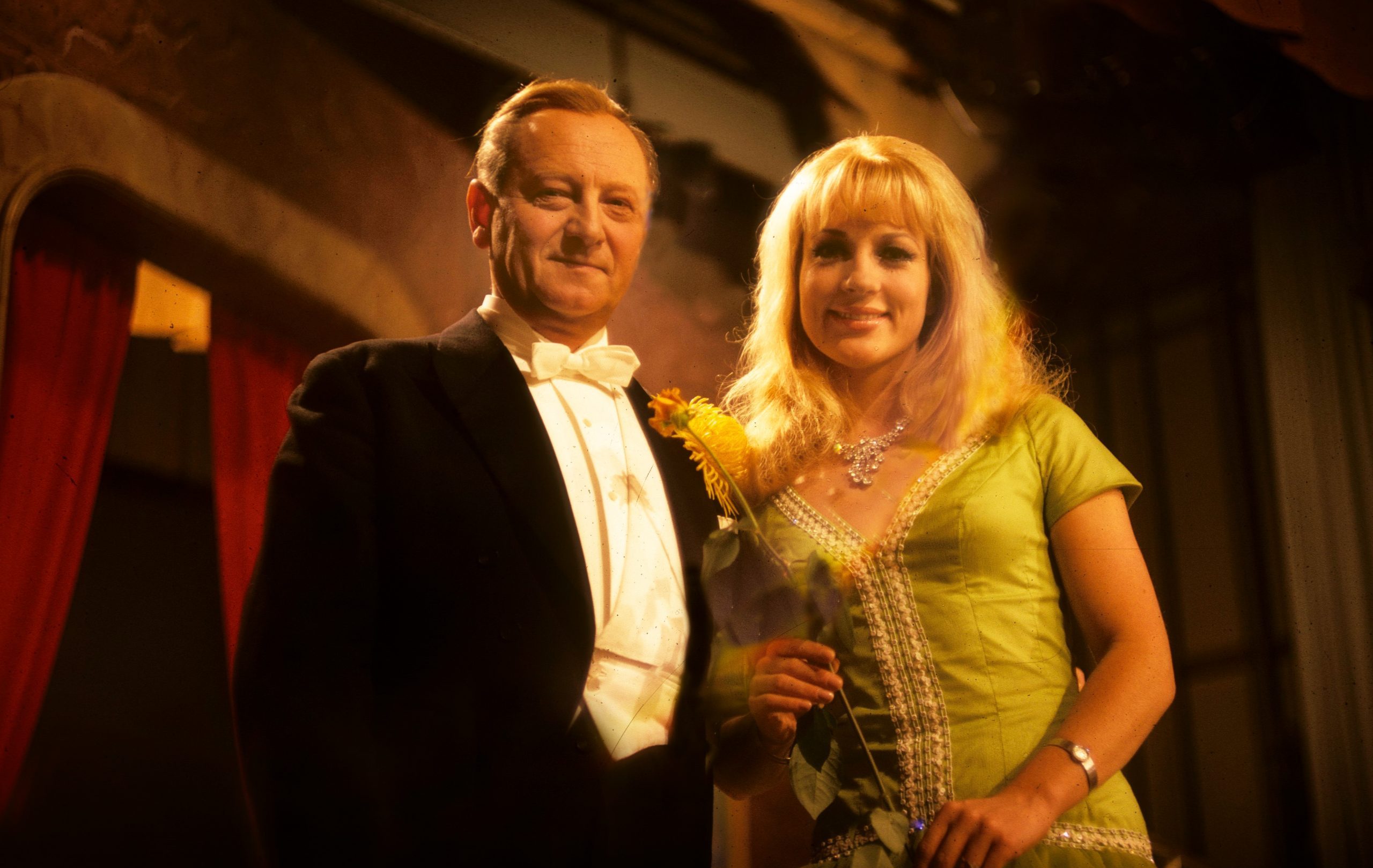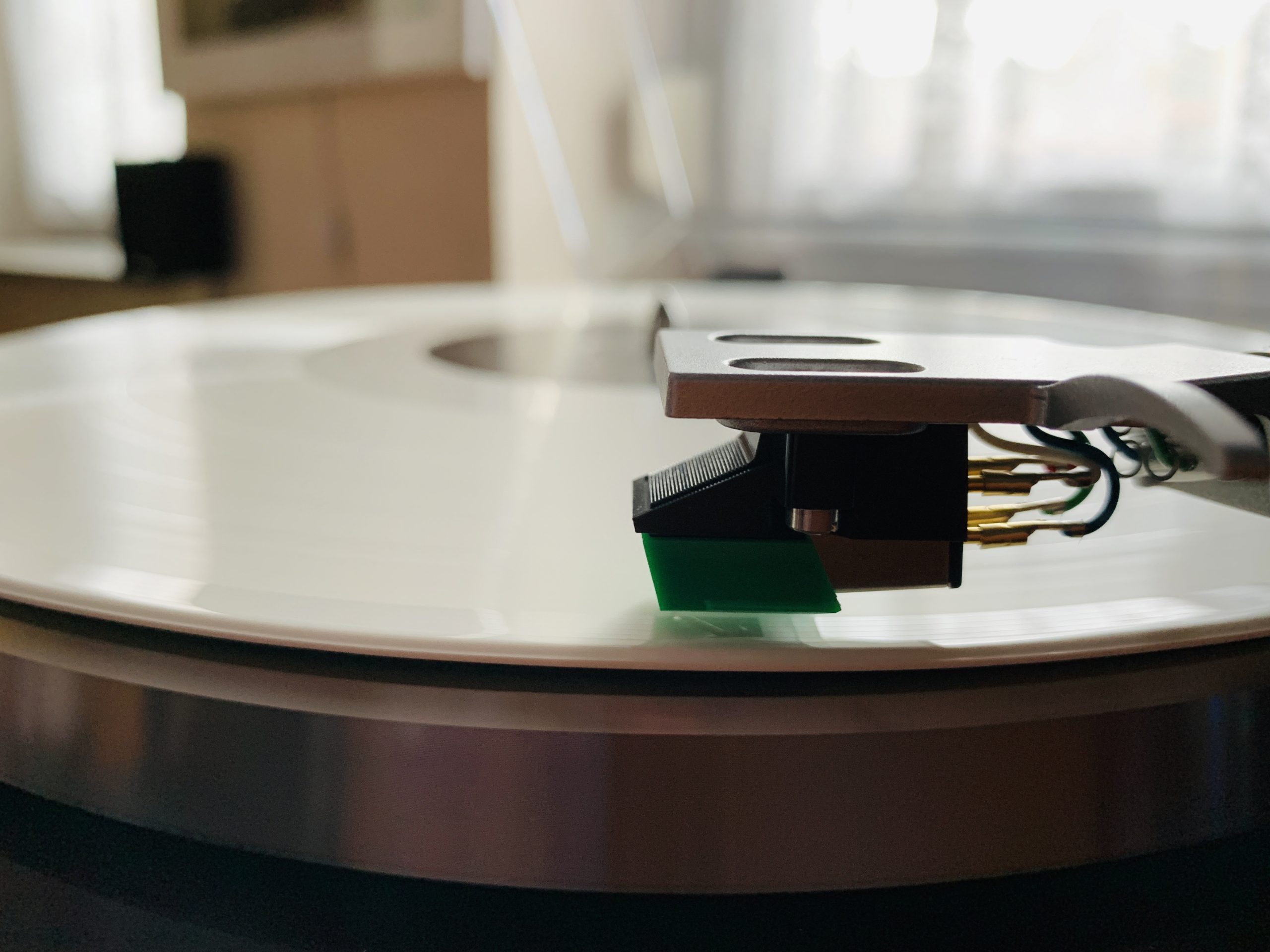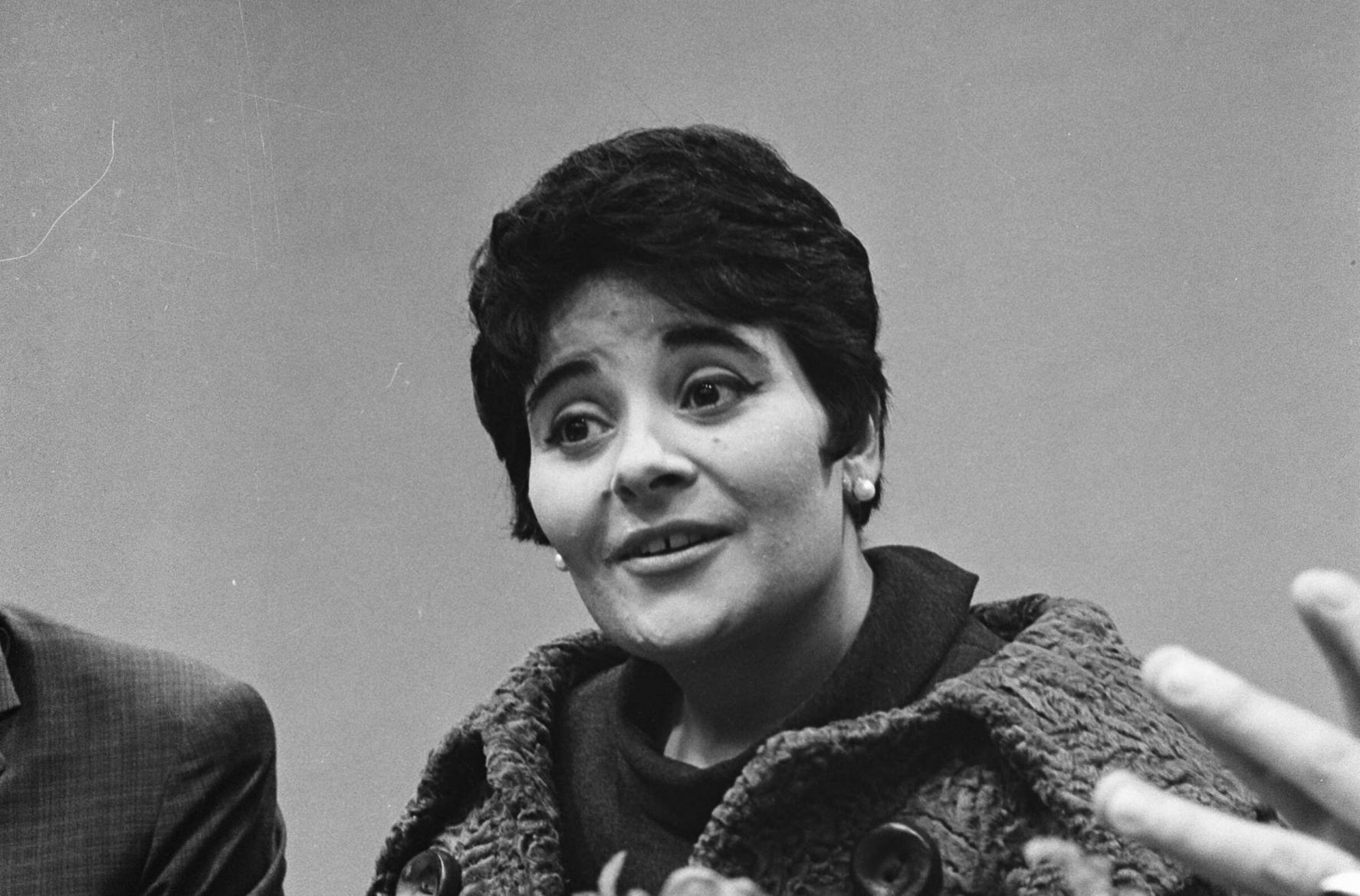The philosopher Theodor W. Adorno once said that a person’s musical education begins nine months before birth. Christa Ludwig proves Adorno right: In her memoirs, Ludwig writes that her musical education probably began when her mother sang Carmen when she was pregnant. Ludwig’s mother Eugenie Besalla-Ludwig (1899-1993) was a contralto: throughout her life, her mother was Ludwig’s only singing teacher, and she was able to observe her vocal development almost to the end of her daughter’s career. Her mother literally was Christa Ludwig’s singing teacher throughout her life.
Ludwig’s career as an opera soprano began shortly after the Second World War: the young Christa Ludwig impressed audiences in very small supporting roles. It was recognised early on that Ludwig had the potential for more than small supporting roles.
Although Christa Ludwig received singing advice from her mother as a child, the young soprano learned her craft mainly on stage: young singers like Ludwig were in such demand in the post-war years not least because they learned quickly and did not demand high fees. If there was an exceptional talent like Ludwig among the singers, there was also the possibility of further training for this talent.
As is well known, one learns more through failure than through success.
First major roles
Thus it became possible for Christa Ludwig to obtain a contract as an opera singer in the completely bombed Frankfurt am Main from 1946 onwards. There she made her debut in 1946 in Die Fledermaus (Johann Strauss) as Prince Orlofsky.
At the Frankfurt Opera, the 23-year-old Ludwig was entrusted with one of the leading roles in Der Rosenkavalier (Richard Strauss) as early as 1951.
Like many young singers, Christa Ludwig was not yet completely sure of her singing technique at that time. In her memoirs, Ludwig reports that she could not completely fill many of the larger roles she was given at the time because the high notes in her voice were still lacking. In addition, it was not entirely clear at that time whether she had an alto voice or a mezzo-soprano voice.
Ludwig therefore tried to persuade the artistic director to allow her to play other roles – but Ludwig’s suggestion was firmly rejected: The aim was for the young soprano’s voice to develop on stage, not just in singing lessons.
Although Ludwig had to accept that she would not always look good in the newspaper reviews, it was worth it: as is well known, one learns more through failure than through success.
The road to Vienna
Only in the course of the years did it become clear that Christa Ludwig had a mezzo-soprano voice. Mezzo-sopranos have a particularly challenging task compared to other voice ranges, Ludwig emphasised in her memoirs: Mezzo-sopranos have the characteristic chest voice in the low register, a middle voice and the head voice in the high register.
The real challenge is not to control these voices individually, but to bring them into harmony. This is precisely what Christa Ludwig learned in her early career, and the fact that she was entrusted with larger roles quite early on accelerated the learning process.
The conductor Karl Böhm, then director of the Vienna State Opera, invited Christa Ludwig to audition for him in 1955: Ludwig was initially anything but enthusiastic about the idea of working in Vienna in the future and moving away from her home country. She had even considered quitting her singing career at that time, starting a family and settling down.
In the end, however, the prospect of a successful career as a mezzo-soprano was more enticing: Karl Böhm engaged Christa Ludwig and from then on was her “Viennese mentor”, as Ludwig describes in her memoirs .
Seconda Donna
Christa Ludwig made big efforts in every performance at the Vienna State Opera: an impresario at the State Opera said she should wait until she moved up to a much higher salary level before giving such a performance. As long as she received an average salary for opera singers, it was advisable to deliver a solid performance, but one should not sacrifice oneself artistically yet.
But Ludwig saw it differently: she couldn’t help it, as she describes in her memoirs. For her, it only made sense to work as a mezzo-soprano if she approached her work with passion every time.
The German title of her memoirs, … and I would have loved to be a prima donna, tells the reader one thing: Christa Ludwig was mostly the seconda donna, not the prima donna. It is true that she was allowed to experience what it meant to be a prima donna with typical soprano roles such as the Marschallin in Der Rosenkavalier or Ariadne in Richard Strauss’ opera of the same name: But she found that the role of prima donna did not really appeal to her.
This was by no means detrimental to Ludwig herself: she preferred to leave the role of prima donna to other opera singers such as Maria Callas or Montserrat Caballé.
Recitals
In May 1957, Christa Ludwig gave her first recital at the Vienna Konzerthaus: together with the pianist Erik Werba, Ludwig put together a programme of Wolf, Mahler and Strauss songs. It is anything but easy for an opera singer to give recitals in addition to his work on the opera stage: An opera singer who is used to an entire accompanying orchestra has to remodulate his voice completely when he is accompanied by only a piano instead in a recital. In a recital, the singer’s voice is much more in the foreground than in an opera production.
Her penchant for song recitals made it possible for her to make her American debut in February 1958 at a symphony concert in Chicago. A little more than a year later she was engaged by the Lyric Opera of Chicago in the role of Dorabella (Cosi Fan Tutte, Mozart).
There Christa Ludwig was discovered for an engagement at the Metropolitan Opera: she was cast in 1959 in the role of Cherubino in Le nozze di Figaro (Mozart).
Just as opera cannot do without the prima donna, it cannot do without the seconda donna.
Worldwide fame
Now Christa Ludwig was able to pick her roles: An opera singer who performed at the Met was in demand worldwide. In the decades to come, Christa Ludwig pursued an unprecedented career as a mezzo-soprano – she was in demand in Europe, in America and in Japan.
When she ended her career in the mid-nineties with a role in Die Walküre and a worldwide farewell tour, the duration of her career spanned almost fifty years: for mezzo-sopranos, that is an exceptionally long career.
Her recitals and opera performances remain unforgotten to opera connoisseurs to this day: In retrospect, the fact that she was not a prima donna did not matter. Just as opera cannot do without the prima donna, it cannot do without the seconda donna.
Opera singer and recitalist
Ludwig always refused to limit herself to a few operatic roles: Music producer Walter Legge recommended that she limit herself to four or five roles with which she could build an image as a prima donna. But Christa Ludwig thought that was boring: she preferred to sing different roles and shine in all of them instead of enjoying world fame for just a few roles. Thus the name Christa Ludwig remains a household name primarily to all those opera connoisseurs who appreciate opera singers with a diverse repertoire and high musical standards.
It is often said that in classical music there is the opera singer and the recitalist – the two do not work together. But Christa Ludwig proved the opposite: she was successful both as an opera singer and as a recitalist.
Cover picture: © Simon von Ludwig
Main source: Ludwig, Christa: In My Own Voice: Memoirs, 2003 Limelight Editions

 Deutsch
Deutsch